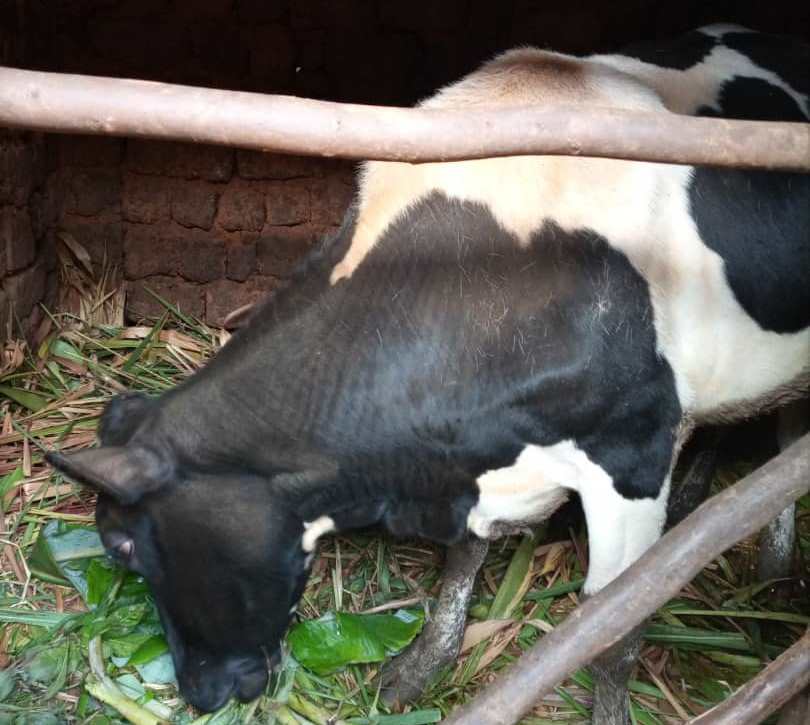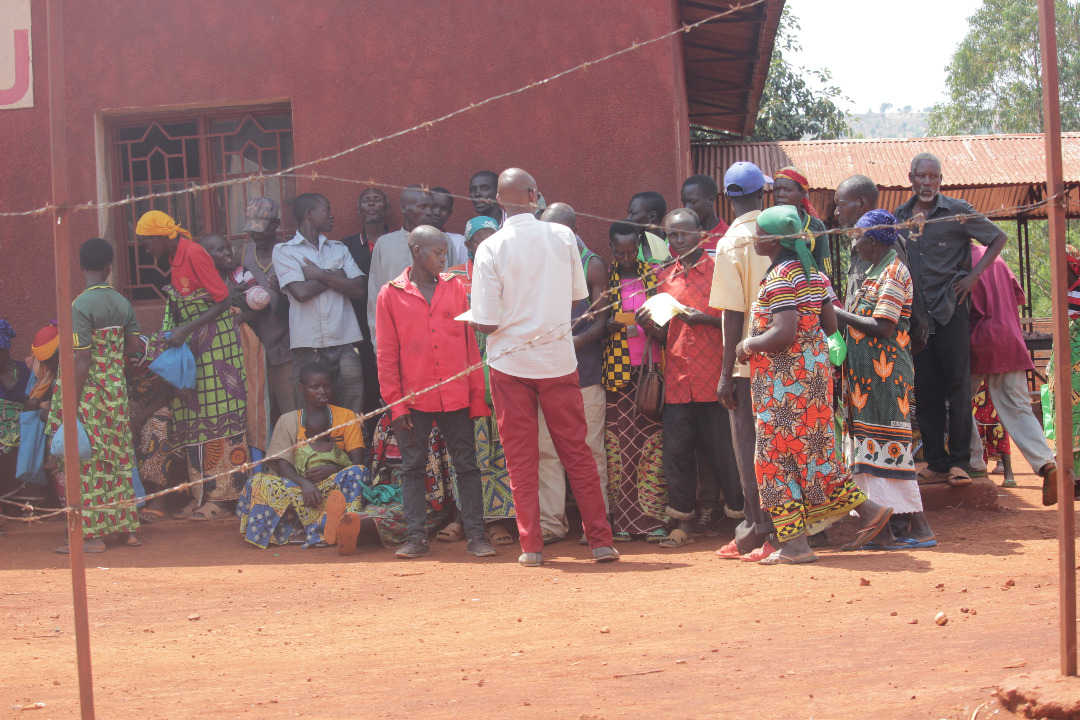Financial education is not only important for investors but is becoming essential for the average family trying to balance its budget, fund the education of their children, save to buy a car or afford a house or plan for retirement. Nowadays, a wide range of options are offered to people to borrow and save money but if the person is not financially educated, he can choose an option which will have a terrible impact on his life and family. Moreover pensions are being shifted to workers and away from government and employers.
The Village Microclinic empowers individuals with financial education to allow them save and challenge financial service providers to develop products that they truly need for their investment and economic growth.


